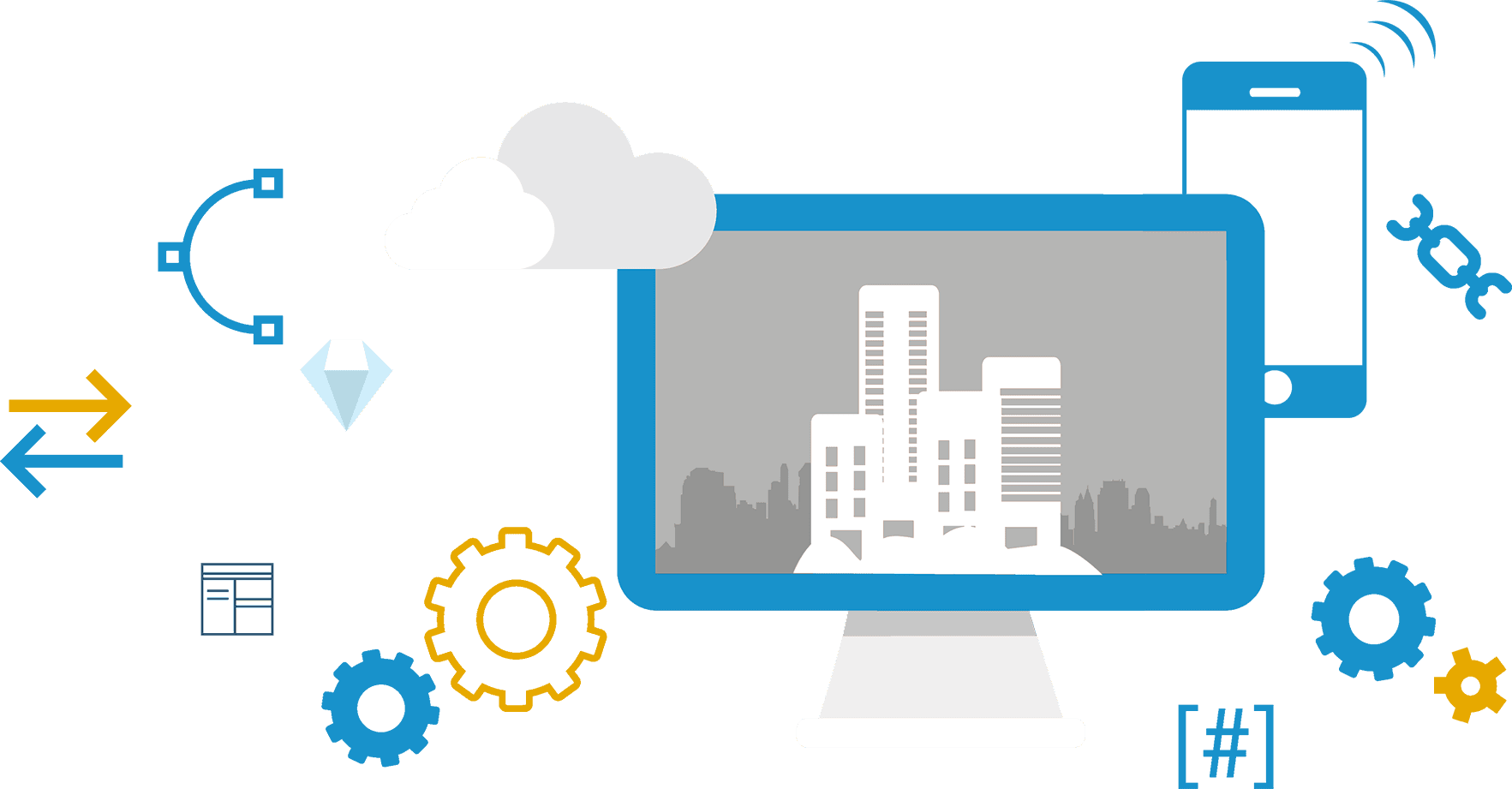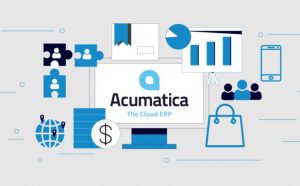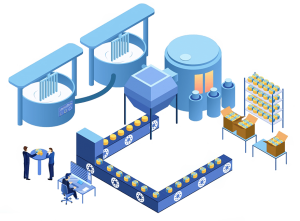Real Estate Business ERP – Implementing ERP software can transform the real estate sector. New participants in the real estate industry are equipped with the latest technology and are dominating the competitive market, while older firms are hesitant to implement ERP systems. As a consequence, they are still lagging with outdated technology. Real estate enterprises must enhance their strategy and use the latest technology to solve social and economic challenges.
That’s where innovative software, such as ERP, comes in handy. To oversee and expedite the business operations involved in the real estate industry, it is essential to integrate a world-class ERP system.
The Necessity for an ERP in Real Estate Industry
ERP (Enterprise Resource Planning) software serves as the foundation for all of your business operations. It combines all of your existing data points, simplifies operations, and gives you total visibility into your business. Not all ERP software can carry out these activities efficiently, or at least in a cost-effective approach.

Here are some points to consider before choosing an ERP system:
Lower operational costs.
Gain a comprehensive perspective of the business.
Make data-driven management decisions.
Effortless workforce management.
The Essentials of an ERP System
1. Unified Platform
An ERP software serves as a centralized server, collecting data from all relevant data points and presenting vital insights about your company. ERPs can also assist you in making strategic decisions by utilizing real-time data.
2. Cloud-Based ERP
Many businesses are hampered by outdated on-premise software, which stifles expansion. Cloud-based ERPs are the way of the future since they modify your business processes smoothly. They alleviate the need to worry about updates and scalability, allowing you to focus on solid business demands.
3. Real-Time Data
ERP Software is intended to offer a consistent flow of information throughout a business. Users have access to real-time information 24 hours a day, seven days a week, which reduces the risk of redundancy. ERP serves as a consolidated platform for storing all of the organization’s data.
4. Business Intelligence
ERPs can do more than merely collect data and store it in a centralized position. With KPIs (Key Performance Indicators), dynamic reports, and sophisticated dashboards, they may offer in-depth visibility into your business.
5. Business Process Automation
Financials, purchasing, sales, leads, projects, engineering, and other verticals are integrated into real estate ERP software. It entails that if a new acquisition is made in the company, all parties engaged in the process are notified. Delays in this process result in a loss for the company.
How ERP Benefits the Real Estate Business?
1. Supply chain management (SCM)
Throughout its SCM approach, ERP software can accurately manage and control all properties. All of these properties can be mechanized by categorizing them depending on their nature, tracking their progress, assigning a salesperson, and so on. Forecasting, planning, documentation, file management, procurement, purchase orders, and vendor administration can all be handled by a single cloud platform.
2. Data-Driven Decision Making
By addressing to needs of the business on time, real-time data can have a significant impact on business operations and substantially minimize business risks. ERPs can gather information from various sources, including tenants/buyers, transactional data, and market reports.
3. Inventory Management & Logistics
Real estate firms require greater control over their inventories. ERPs can improve productivity by tracking inventory in real-time. Inventory pricing is simplified by ERPs, which may generate price lists based on classes such as furniture, appliances, and paper items.
Oracle NetSuite ERP for Real Estate Industry
Oracle NetSuite provides a highly scalable and configurable cloud ERP solution. It can be utilized for financial planning, order processing, fixed asset management, etc. Tailored dashboards and role-specific displays provide users with a personalized perspective of what is going on within their departments.

Advantages Of NetSuite:
Property sales must be managed quickly and wisely.
Invoice processing is speedy and straightforward.
Facility maintenance.
Better management of the real estate portfolio.
Increased cash flow.
A complete picture of the company’s finances.
Outcome
Consult an expert, such as Connected IT Consulting, who can propose the best ERP for real estate. This will allow you to save money by automating your business tasks.
All current ERP systems include a comprehensive range of functions that can help you manage your firm successfully.
If you wish to learn more about this, please contact us right now!
ERP Project Management
Business Process mapping
Small Business ERP
ERP Consulting



